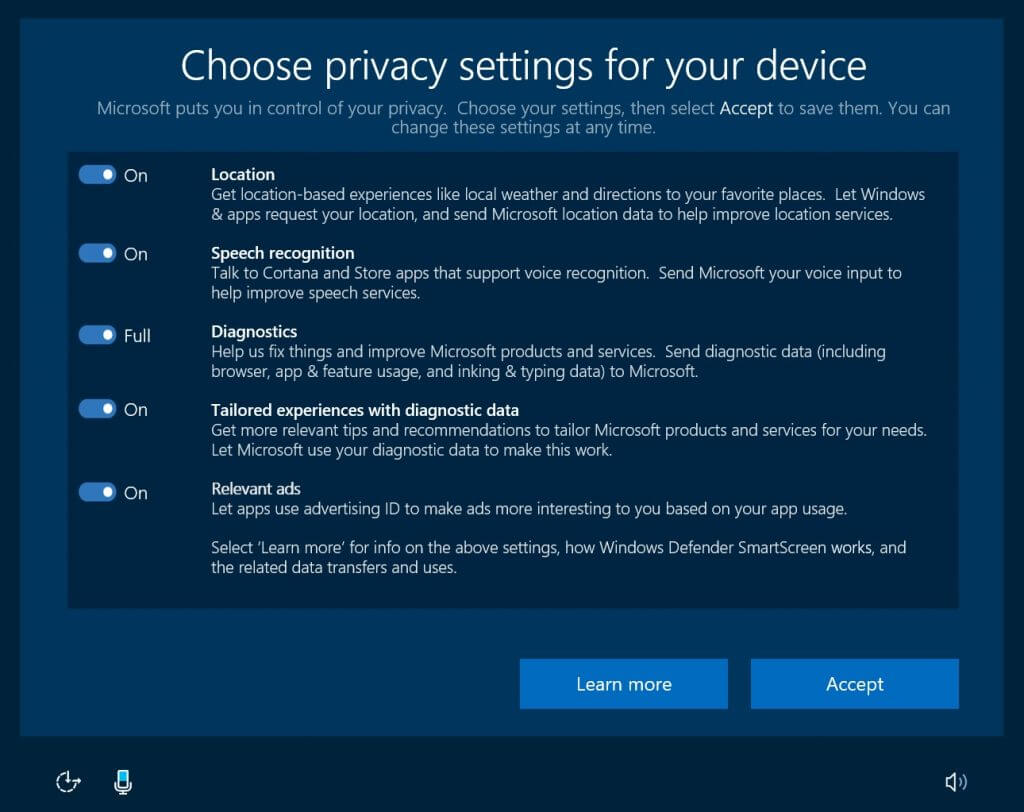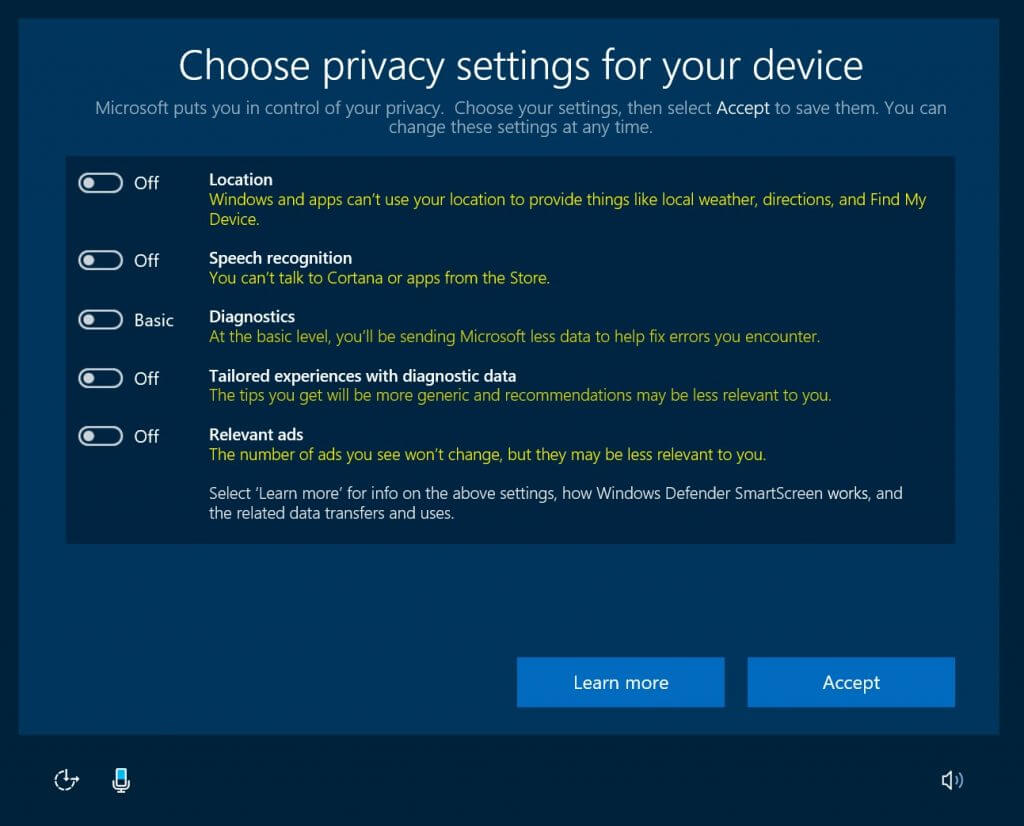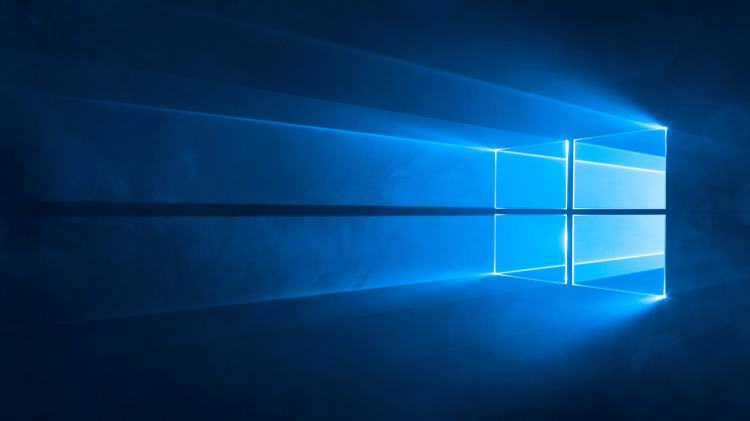Microsoft today launched a privacy dashboard that lets you manage and review all the activity data collected about you through its various products and services. The company also detailed privacy improvements coming as part of the Windows 10 Creators Update.
The privacy dashboard is web-based, meaning you can access it from anywhere with your Microsoft account by just navigating to account.microsoft.com/privacy. The dashboard lets you see and control your activity data including location, search, browsing, and Cortana Notebook data.
Microsoft says this is the first step in “expanding the tools that give you visibility and control over your data spanning Microsoft products and services.” The company plans to add more functionality and categories of data over time, but wouldn’t commit to any specific schedule.

As for the upcoming privacy changes to Windows 10, Microsoft is promising a new privacy setup experience, simplified Diagnostic data levels, and a reduction of the data collected at the Basic level. The company plans to introduce these changes in a Windows Insider build coming “soon” and promises they will be rolled out to everyone with the Windows 10 Creators Update.
Windows 10 is a service, meaning it was built in a very different way than its predecessors so it can be regularly updated with not just fixes, but new features too. The next release is the Windows 10 Creators Update, slated for release in “early 2017.”

The new setup experience will replace previous Express Settings. It is voice-capable, and voice data remains on the device as part of the setup process. As you make your choices, Microsoft will share additional information about what impact each choice will have on your Windows experience.

Whether you are moving from Windows 7 or Windows 8, or doing a fresh install of Windows 10, you will be shown settings that you need to choose before you can move forward with setup. If you are already using Windows 10, you will get notifications that prompt you to choose your privacy settings.
The Diagnostic data collection has been simplified from three levels to two: Basic and Full. If you previously selected the Enhanced level, the Creators Update will only let you choose between the two.
Lastly, the Basic level has been reduced to only include that Microsoft deems “vital to the operation of Windows.” This data (the capabilities of your device, what is installed, and whether Windows is operating correctly) is used to “help keep Windows and apps secure, up-to-date, and running properly.” This option also includes basic error reporting back to Microsoft.
Microsoft is patting itself on the back for all these privacy changes:
When it comes to your privacy, we strive to make choices easy to understand while also providing clear visibility and control over your data. We believe finding the right balance is one of our most important tasks in delivering great personalized experiences that you love and trust.
Today, we take another step in our journey to make changes that address your feedback and help make your experience with Windows and other Microsoft products better and richer. We want you to be informed about and in control of your data, which is why we’re working hard on these settings and controls. And regardless of your data collection choices, we will not use the contents of your email, chat, files, or pictures to target ads to you.
Together we’re on a technology journey as devices, the Internet, and smart things all around us are changing the way we communicate, play and get stuff done. At Microsoft, a key part of our journey is engaging with our customers, listening to feedback and trying new ideas.
And yet many will see this as too little too late. If there’s one serious concern that users had about Windows 10, it was regarding privacy, data collection, and Microsoft’s laissez-faire attitude about it all. More than a year later, the company is finally willing to admit there’s always room for improvement.
VentureBeat's mission is to be a digital town square for technical decision-makers to gain knowledge about transformative enterprise technology and transact. Learn More

